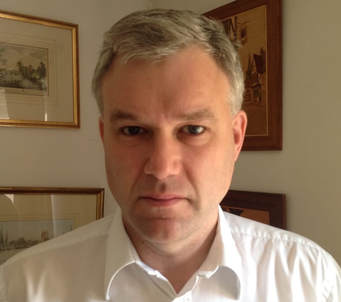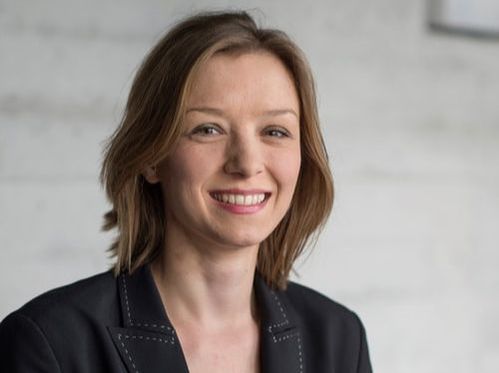Call for Abstracts |
|
The First Amsterdam Graduate Conference in Political Theory
23–24 May 2019, Universiteit van Amsterdam Keynote speakers: Simon Caney (Warwick), Lisa Herzog (TU München) The conference offers graduate students and postdocs the opportunity to present their research in a vibrant intellectual environment and receive feedback from dedicated discussants. Each session will give those presenting a chance to engage with faculty and students from the University of Amsterdam, the Vrije Universiteit as well as the keynote speakers. The theme for this inaugural event is: Bringing Theory to Practice. This includes, but is not limited to, the following topics:
Papers that address any of these topics are welcome, as are papers that address the conference theme more broadly. This conference is aimed at researchers working on any subfield and/or tradition of Political Theory/Political Philosophy. We also welcome papers from interdisciplinary researchers (e.g. Anthropology, Sociology, Political Science) whose work is at the intersection of normative and empirical studies of society. Abstract submission deadline: 31.12.2018. Applicants will be notified of acceptance by 31.01.2019. Format: Please format abstracts for blind review, excluding any personal and institutional information. Furthermore, we require a short cover letter that includes your institutional affiliation, contact information, and a brief bio outlining your research interests. Length: Abstracts must not exceed 500 words, excluding footnotes and bibliography. How to submit: Please email your abstracts to [email protected] Paper submissions: Successful applicants will be required to submit the full papers before 10.05.2019. Papers must not exceed 6,000 words. Funding: There is no participation fee. Lunches and refreshments will be provided, regrettably we are unable to provide any funding for travel or accommodation. Contact: Please contact [email protected] for further information. Organizers: Ugur Aytac, Gerrit Schaafsma, Lea Klarenbeek, Alex Thinius. The Amsterdam Graduate Conference in Political Theory is a joint enterprise of PhD students from the University of Amsterdam (Departments of Philosophy and Political Science) and the Vrije Universiteit Amsterdam (John Stuart Mill College), as well as the Amsterdam Center for Political Thought. |
Schedule |
|
Bringing Theory to Practice
Keynote speakers: Simon Caney (Warwick), Lisa Herzog (TUM School of Governance)
May 23–24, 2019 University of Amsterdam Roeterseilandcampus / REC Building Nieuwe Achtergracht 166 1018 WV Amsterdam Registration is required. In order to register, please send an email to [email protected].
|
Speakers
Simon CaneyProf. Caney works on issues in contemporary political philosophy. He has worked on a wide range of topics including global poverty, equality, climate change, our obligations to future generations, the social discount rate, liberal neutrality, political perfectionism, multiculturalism, national self-determination, secession, sovereignty, human rights, resistance, humanitarian intervention, war, non-ideal political theory, realism in international relations, and democratic theory. He is currently writing two books - one is On Cosmopolitanism, and the other (co-authored with Derek Bell) is Global Justice and Climate Change
|
Lisa Herzog
Prof. Lisa Herzog works at the intersection of political philosophy and economics. She focuses on the history of political and economic ideas, normative questions around markets (especially financial markets) and ethics in organizations.
Herzog studied philosophy, economics, political science and modern history at the universities of Munich (LMU) and Oxford. Between 2008 and 2011 she wrote her doctoral thesis entitled “Inventing the Market. Smith, Hegel, and Political Theory” as a Rhodes Scholar at Oxford University. Since then she has worked at the universities of Munich (TUM), St. Gallen, Leuven, Frankfurt and Stanford. In summer 2016 she took up the position of professor of political philosophy and theory at TUM’s Bavarian School of Public Policy. |
Funding
The organizers are grateful for generous funding by
- The Amsterdam Institute for Social Science Research
- The Amsterdam School for Cultural Analysis
- Dr. Robin Celikates, NWO VIDI Grant 'Transformations of Civil Disobedience'
- Dr. Enzo Rossi, NWO VIDI Grant 'Legitimacy Beyond Consent'



